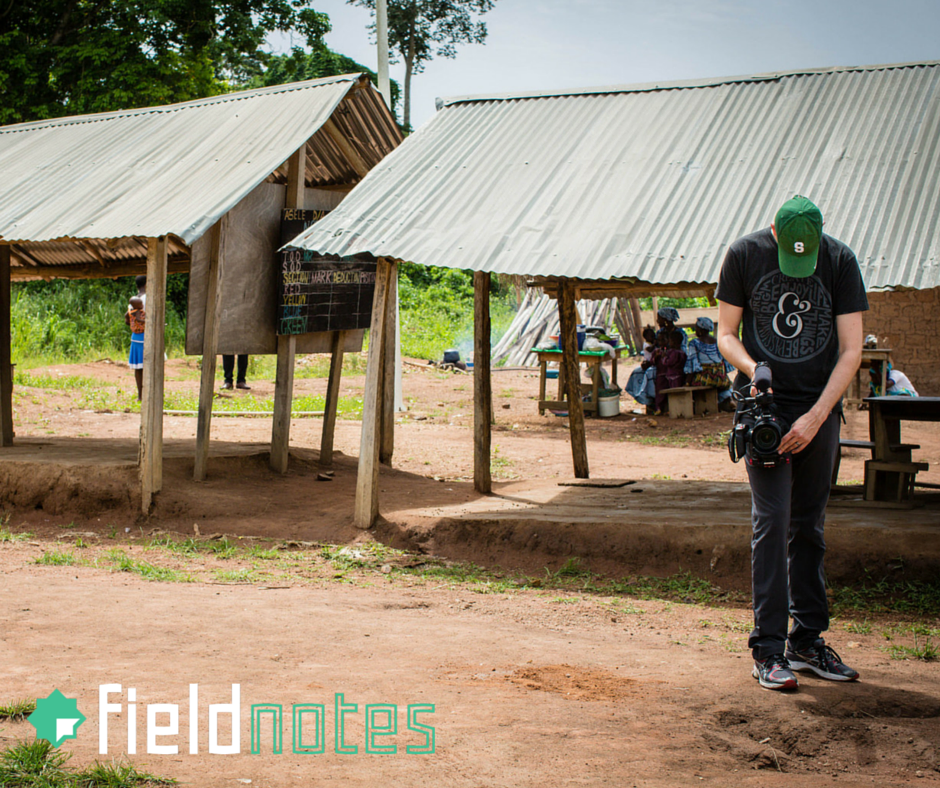
Field Notes Interview #66: Caleb Wojcik, Filmmaker

We chat with filmmaker and podcaster, Caleb Wojcik about what he’s learned so far in the freelance filmmaking world, how he’s developed himself and what he would write in a letter to a young filmmaker.
For Caleb Wojcik, simplicity rules every step of the way in any given project. And for the amount of work he’s involved with, simplicity seems to keep a sense of sanity as well. After leaving a cubicle job and joining an entrepreneurial training startup, ZenBusiness, Wojcik taught himself video production and soon started his own studio in 2014. Since then he’s been leading a team at Caleb Wojcik Films and provides educational videos on video production at DIY Video Guy where he recently featured a tutorial on where to license music for film.
Part of what makes Caleb’s films so successful is his intentionality within every scene. The scenes are simple and to the point, the music is perfectly embedded and integral to the movement of the picture while the narrative always takes front and center, making for a strong message and mood. Everything that Caleb has learned throughout his career has immediately been paid forward in his tutorial videos, making for compelling content that continues to have value for new and seasoned filmmakers. Enjoy our interview with Caleb and let us know what you think by commenting and sharing below.
M: What was the first film you made? What did you learn from that experience?
CW: The first video production project I made that I would consider a “film” would be when I went to Ghana with a client and Pencils of Promise to document the schools that have been built through donors and their fundraising campaigns. Being somewhere so remote and different than home pushed me creatively even before I left. I reached out to other filmmakers who had traveled to Africa (thank you Jamie Pent from charity:water!) for any advice on what to bring, how to handle customs, dealing with gear at high temperatures, etc. I learned that no matter what you’re filming, chances are someone has either done something similar before (or at least tried), so don’t be afraid to reach out and get some advice. You shouldn’t go into any situation blind as a filmmaker. That is when disaster strikes.
M: What drives you to keep making films?
CW: A lot of things. My father ran a portrait photography business when I was growing and while I didn’t know it at the time, I gained a huge appreciation for documenting life. That’s why I am much more passionate about recording things live, as they happen, then preplanned and scripted moments or stories. I like consuming those, but capturing them on camera feels less natural to. We’re living in this unique time where almost anyone can document life with a device in their pocket and immediately broadcast it to the world. Learning how to harness that power effectively and passing on that skill set to others is what drives me.
M: How did DIY Video Guy start? Why did you create it?
CW: I started DIY Video Guy because I saw a need for a place online that taught video production to non-filmmakers. The places I was learning video from online were targeted as an alternative to film school and focused on teaching cinematography to run and gun, one man bands with a DSLR. What I saw missing was a place for people that just wanted to know what beginner camera to buy, how to get over the fear of being on camera, and start using a platform like YouTube to grow an audience and business. Those kinds of individuals are often small business owners, who are never going to need to know the difference between a grip or electric. They’re not ever going to have a set or a crew. They need to learn how to do as much as possible with video for the web by themselves, and that is what DIY Video Guy is all about.
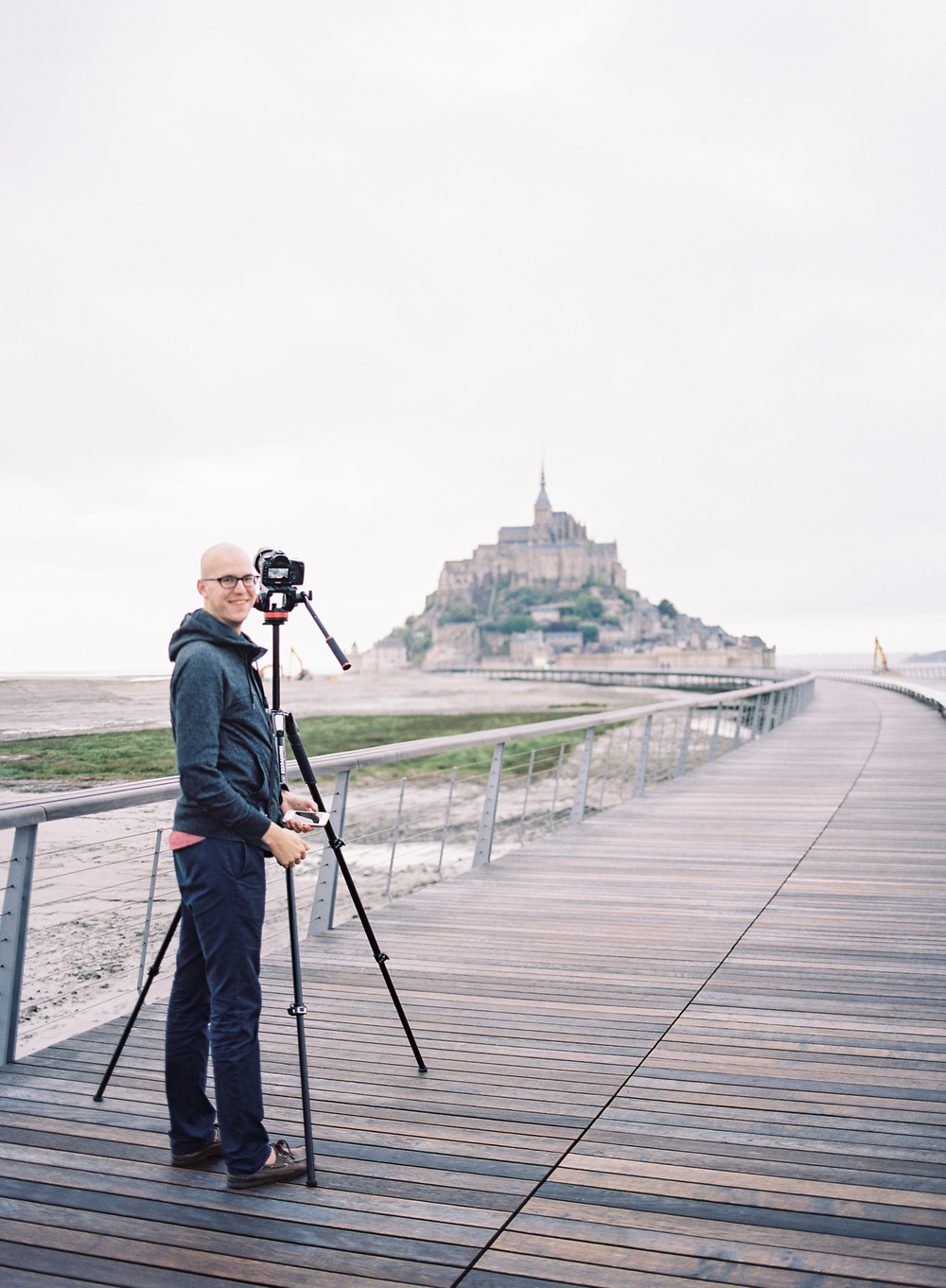
Photo by Jen Wojcik
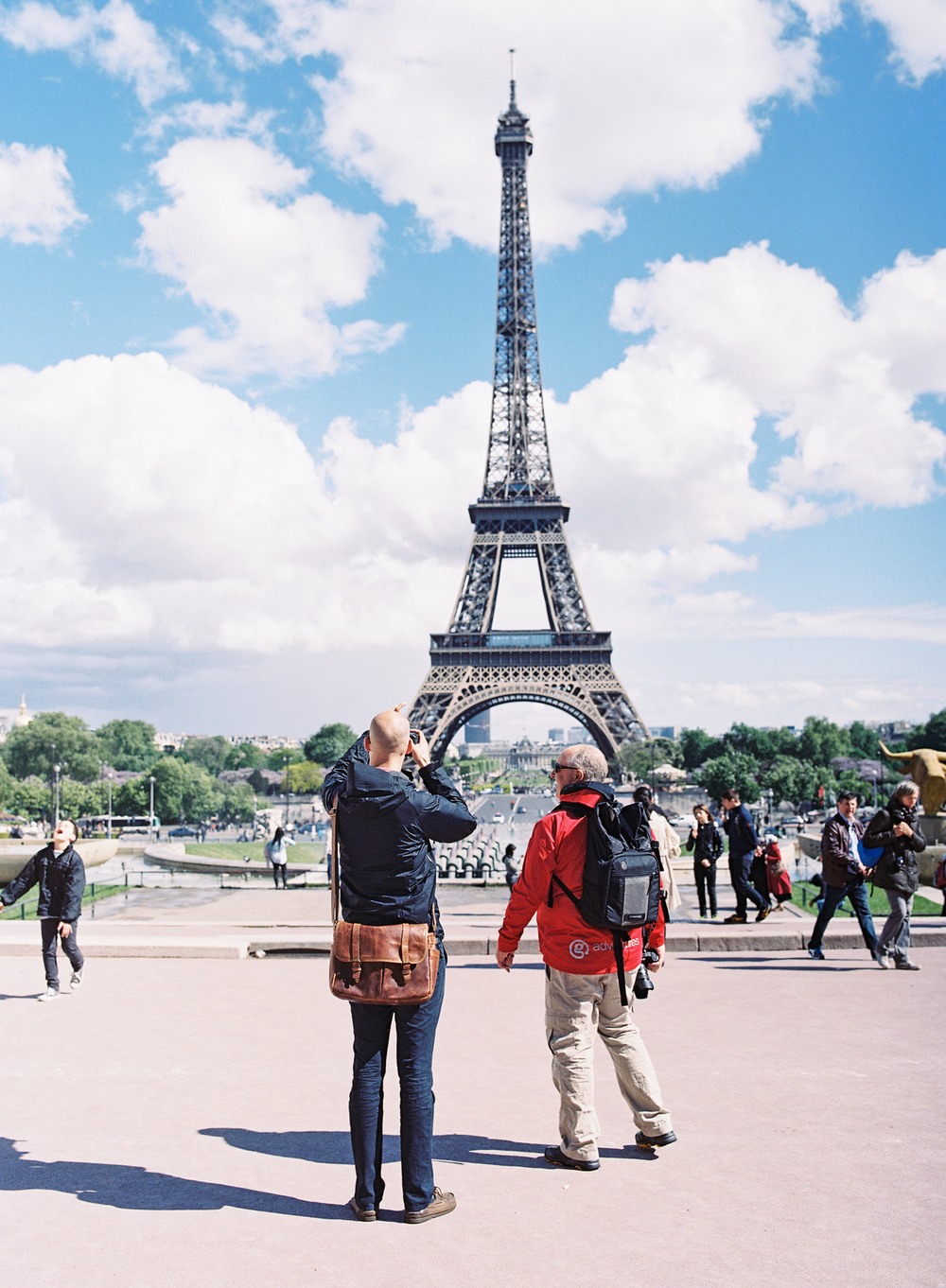
Photo by Jen Wojcik
M: How do you feel your films are different?
CW: I think what makes my work different is the simplicity of how I shoot. There aren’t overly complex camera movements or shots from a drone that remove you from being right there, with the subjects of the story. I try to film and edit the same way someone sees. A quick glance to the side, re-focusing on a specific detail or movement, and then taking in the entire scene. If something isn’t visible from a human eye, I don’t show it.
M: What would be your opening paragraph to a letter you’d write to an aspiring filmmaker?
CW: Before you listen to everyone, listen to no one. Trust yourself. Lock yourself in a room and think hard about what makes your favorite stories compelling. What energizes you? What people in life are you drawn towards? Then, go make a story. Use whatever camera you have. Buy nothing. Just go make something. There will be plenty of time for comparison, traditional learning, and networking once you find what makes you tick and your unique take on how to tell a story.
M: How do you feel music plays a role in film?
CW: It pulls the viewer in and then carries them forward to the end. I heard Jeff Beal explaining the House of Cards theme song on the podcast Song Exploder and how in 95 seconds it is supposed to put you in the mood for the show. From the presidential sounds of trumpets to the dissonance and creepiness of the strings, it puts you in the right mindset for the story as they show an eerie Washington D.C. with no visible people in it. That’s the power of music as a complement to strong visuals. Now I try not to skip a credits sequence when I watch anything. Instead, I take in the visuals and audio to place myself where the director wants me to be.
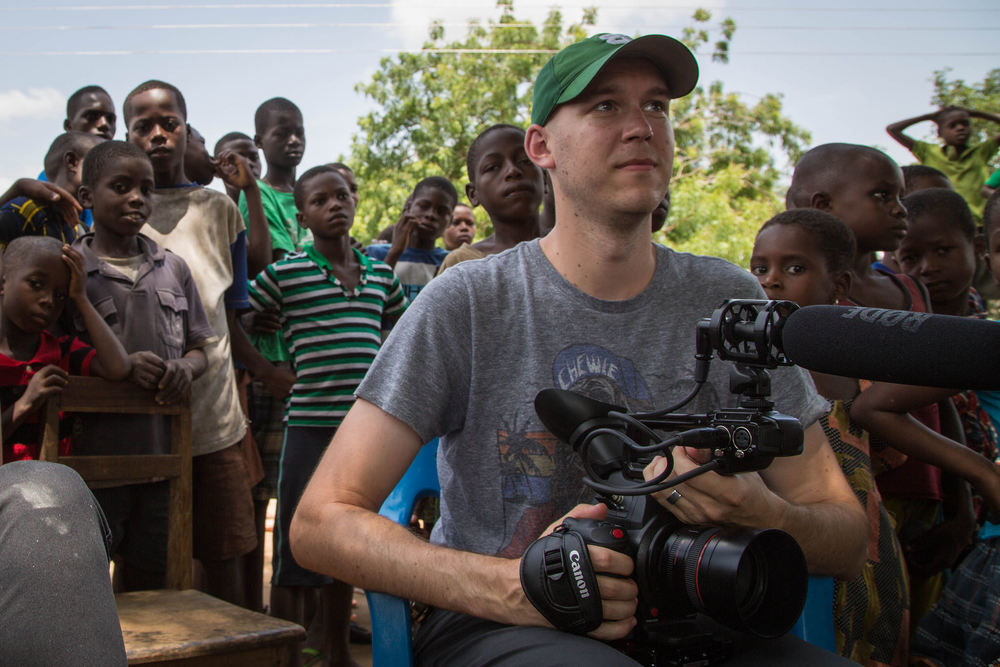
M: How do you feel music is misused in film?
CW: I think the worst thing going on with music in films is how they’re often just an afterthought. A video or film is almost finished and then they go look for music that “fits in”. I say start with the music. Let the music determine the lighting you use, the pacing of your edits, and drive the whole process from beginning to end.
M: What was the most recent album you’ve listened to?
CW: My wife has been listening to James Bay’s Chaos and the Calm since we drove throughout Ireland, Scotland, and England last month so I’ve heard that a lot recently. I can’t stop listening to Tremors by SOHN though.
M: What’s the biggest challenge you’ve experienced as a filmmaker?
CW: Making the normal exciting. This is why I finding video blogging so intriguing from an outsider’s perspective, but I haven’t quite been able to commit to doing it myself consistently. I travel a lot for work, to go to conferences, and just for fun, so there is plenty of material when I do that, but I just can’t seem to get used to holding a camera out like I’m taking a selfie and talking into it. I look up to people that can find the stories (or at least the way to tell the stories) of everyday life and the people around them in interesting ways. It is something I always wish I would have done, but struggle to do it in the moment.
M: What’s coming up on the horizon for you as an artist?
A few things. I’m focusing recently on studying writing, traditional storytelling, and narratives instead of too much on cameras, settings, or other gear. Really just trying not to buy more gear and instead focus on the other pieces of filmmaking. I am also sitting in front of final edits on projects and pushing myself to keep making them better. Just little things. An additional sound effect here. One frame quicker on the edit there. I think those really add up and sometimes going from 95% to 100% is half the workload. Day after day I start to value the art of the edit much more than the gear used to shoot it.
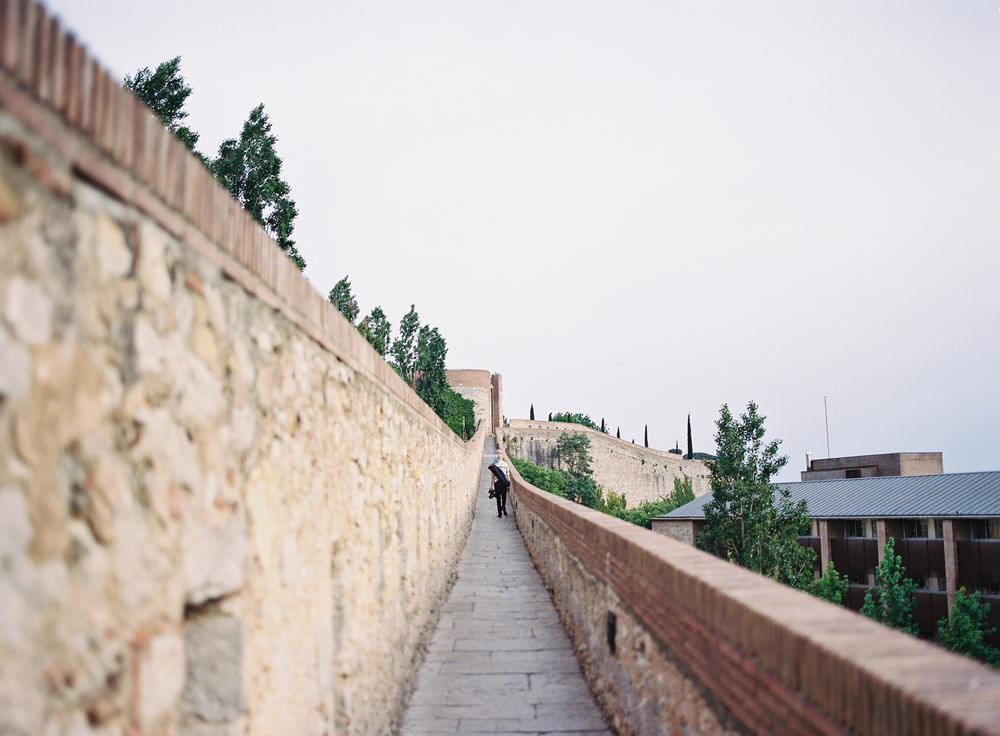
Photo by Jen Wojcik

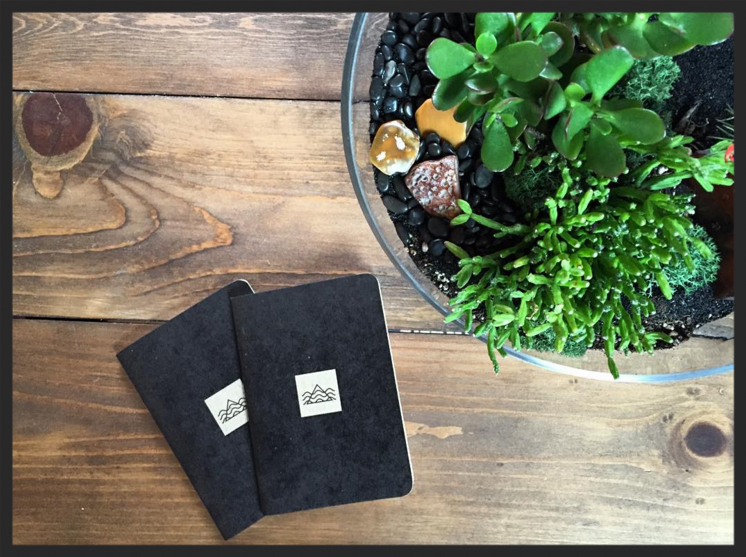

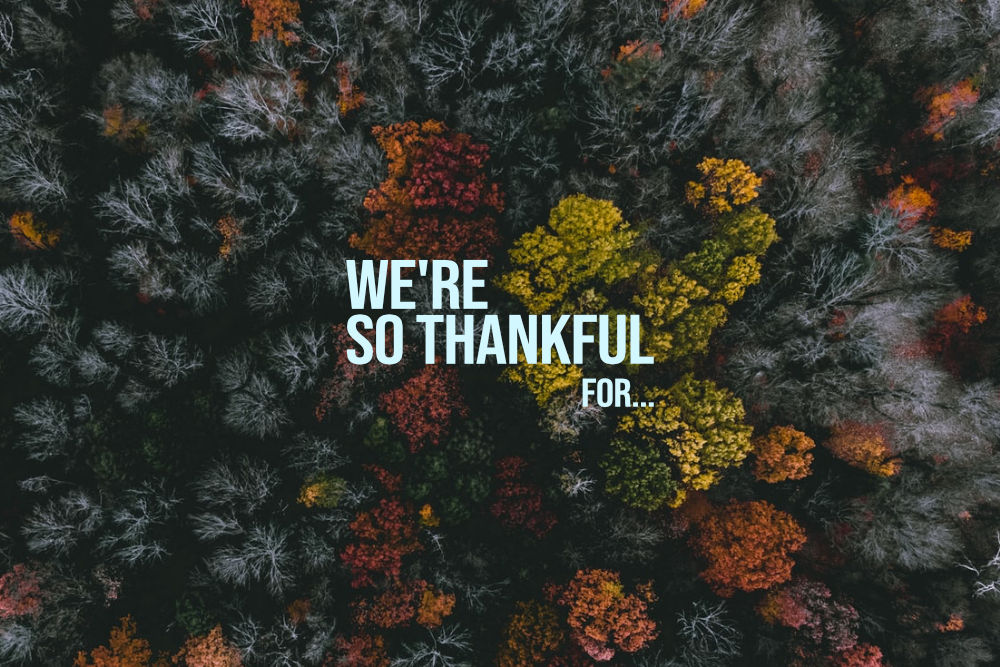
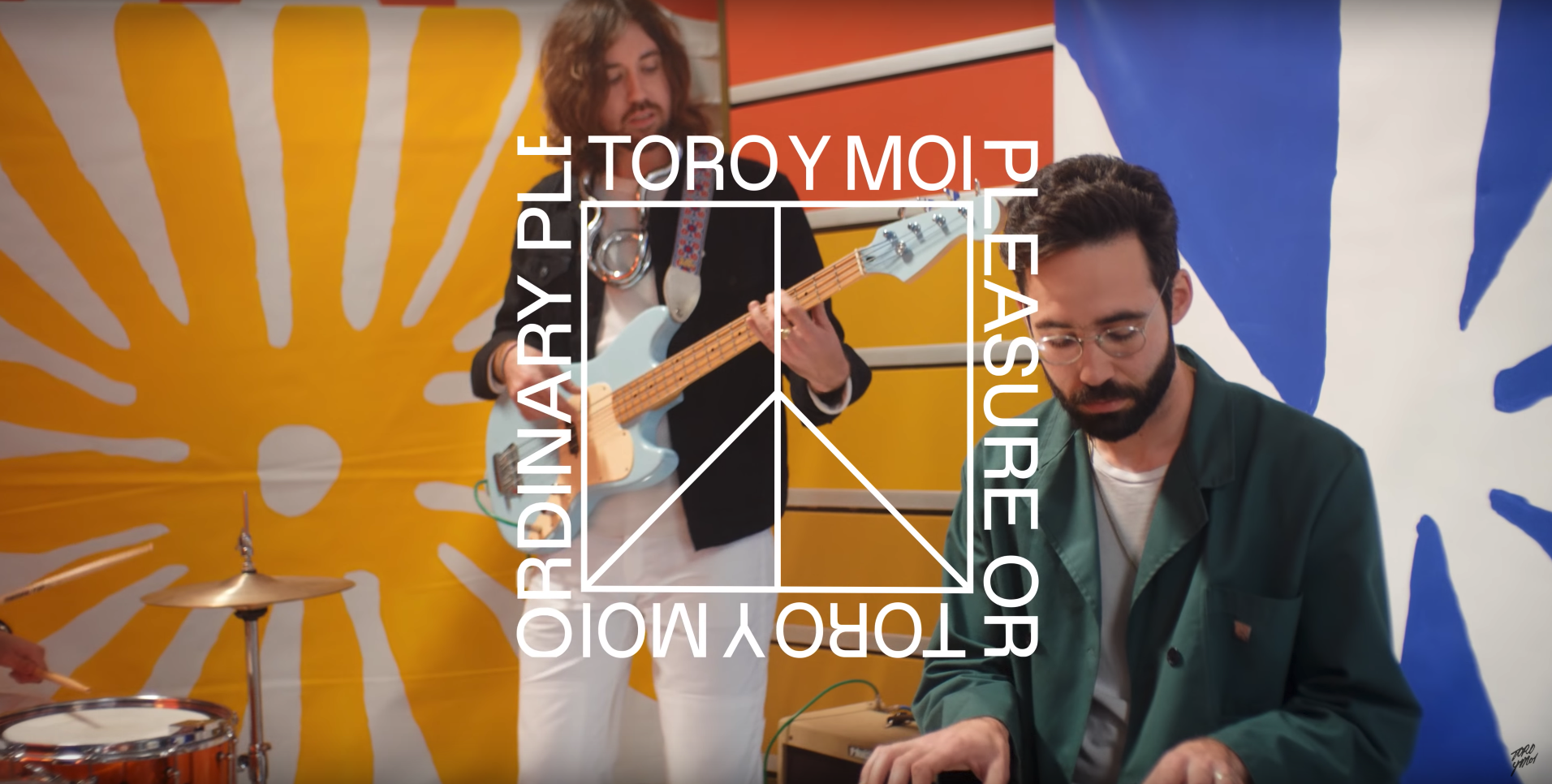
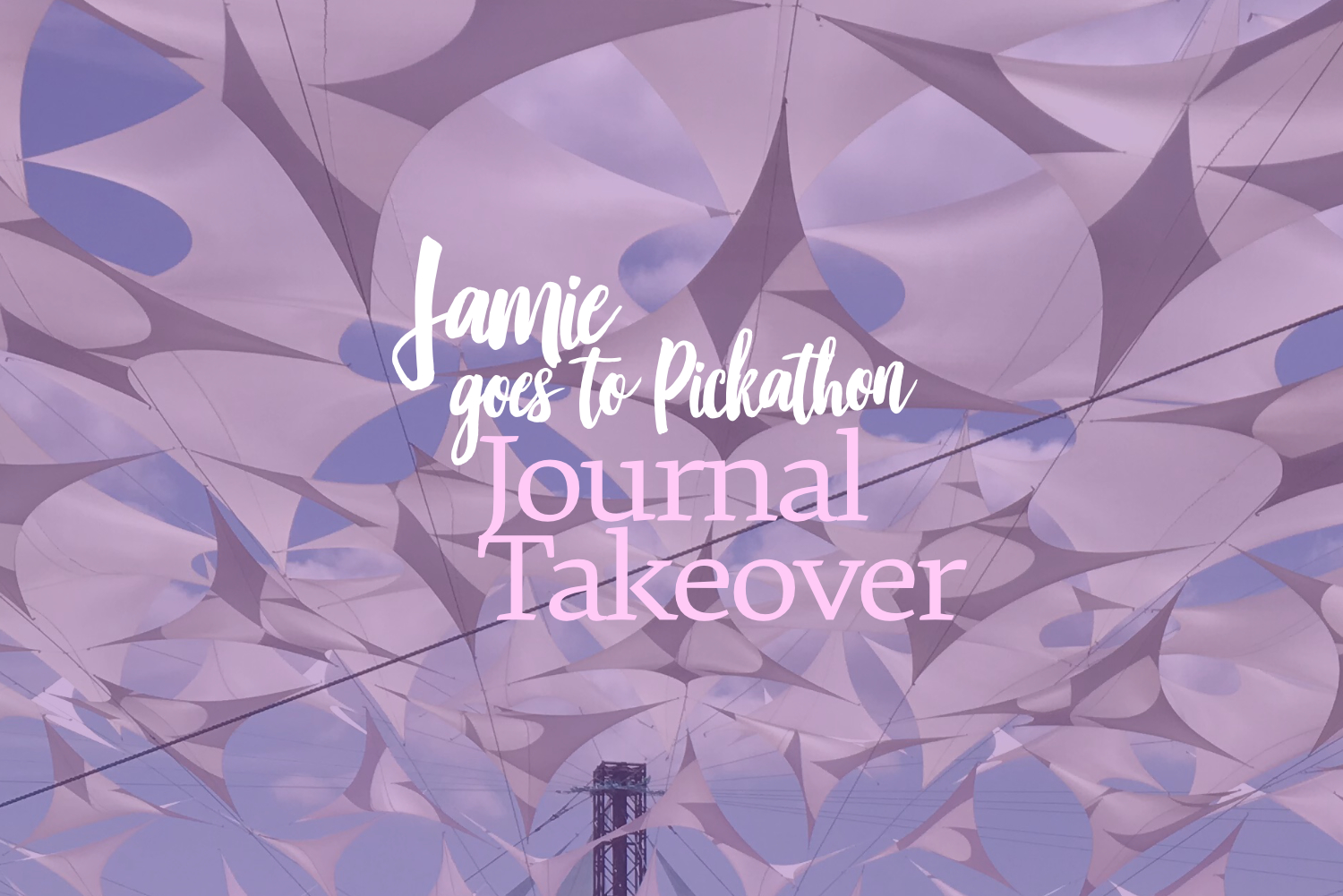
Caleb nails it with his comments about "musing [only] being an afterthought" and this particular musing absolutely nailed it for me:
M: What would be your opening paragraph to a letter you’d write to an aspiring filmmaker?
CW: Before you listen to everyone, listen to no one. Trust yourself. Lock yourself in a room and think hard about what makes your favorite stories compelling. What energizes you? What people in life are you drawn towards? Then, go make a story. Use whatever camera you have. Buy nothing. Just go make something. There will be plenty of time for comparison, traditional learning, and networking once you find what makes you tick and your unique take on how to tell a story.